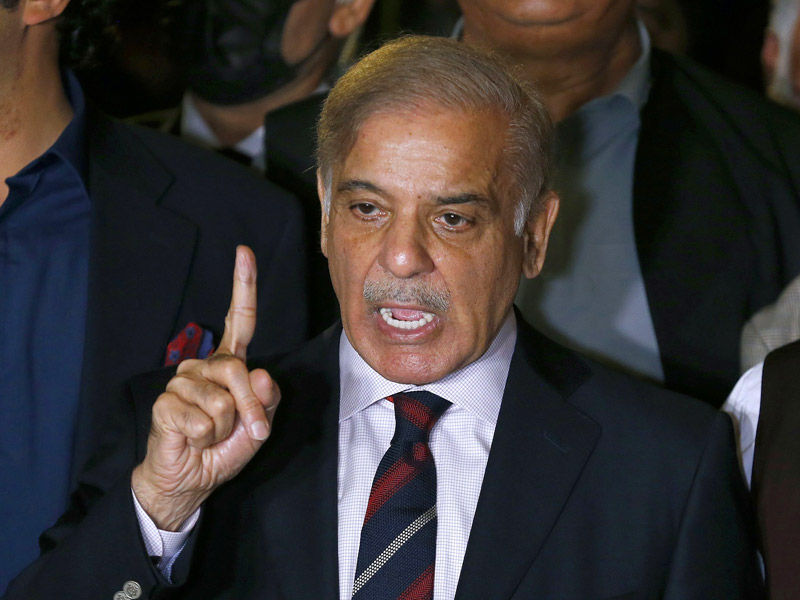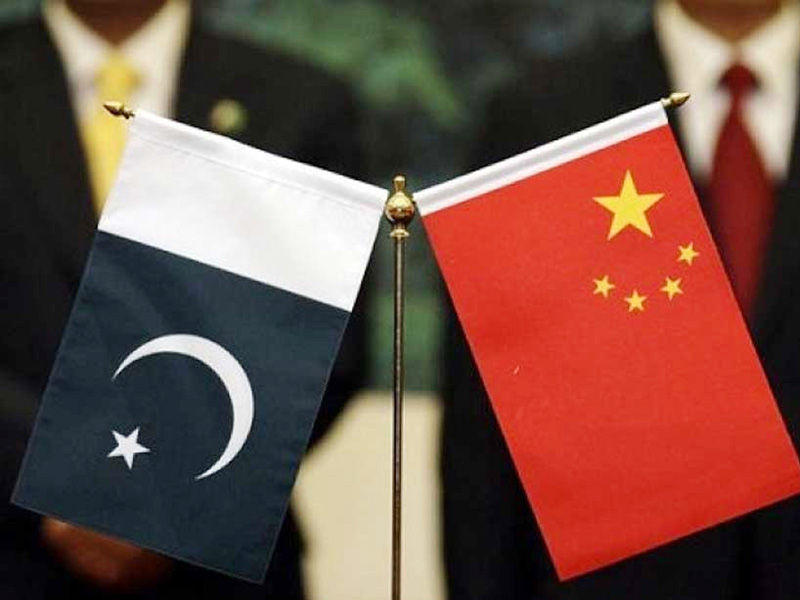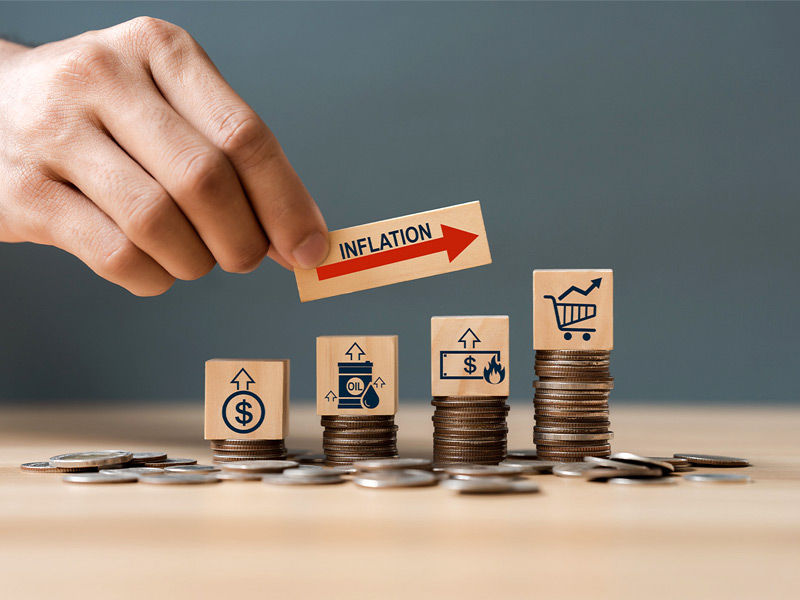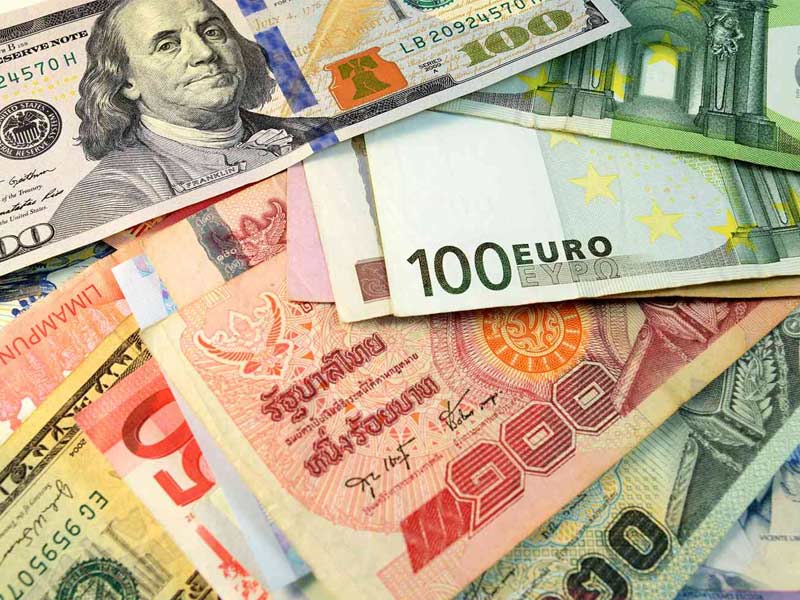The number of foreign embassies has been reduced by Pakistani Prime Minister Shehbaz Sharif. The nation has established an austerity committee and announced certain measures. Pakistan now has access to a $700 million borrowing facility from the China Development Bank.

During an unparalleled economic crisis in Pakistan, Prime Minister Shehbaz Sharif directed the Ministry of Foreign Affairs to reduce the number of overseas missions and offices. Amid rumors of a broad austerity drive, PM Sharif announced several steps.
According to reports in the Pakistani media, PM Sharif directed the Foreign Office to scale back on its foreign missions, offices, staff, and other operations to decrease costs by 15%.
The prime minister instructed a well-thought-out plan in this respect to be delivered to his office within two weeks, according to an order from the PMO. A National Austerity Committee would be established, according to the official communiqué titled “Rationalization of Foreign Mission Overseas,” due to the necessity of fiscal consolidation and the control of the external deficit. The committee recommended a 15% reduction in Pakistani mission spending.
Economic Crisis in Pakistan: Austerity Measures
According to Pakistani media, the political-technocratic members of the cabinet have grown more impatient with the government’s refusal to carry out the NAC’s recommendations. According to the media, the government is increasing gas and electricity prices and doing other actions, but it is not reducing excessive spending.
CHINA’S SUPPORT
Ishaq Dar, the finance minister of Pakistan, declared on Wednesday that the board of the China Development Bank (CDB) has authorized a $700 million credit facility for Pakistan. The formalities, according to him, have been finished.

“The $700 million loan facility for Pakistan has been approved by the Board of the China Development Bank to complete the formalities. On social media, he stated, “The State Bank of Pakistan is expecting to receive this amount this week, which would increase its foreign exchange reserves.
According to the media, Pakistan’s foreign exchange reserves decreased to about $3 billion, which is hardly enough to cover three weeks of regulated imports. The nation is in the midst of virtual negotiations for an economic bailout with the International Monetary Fund (IMF).
Earlier, the country’s foreign reserves status will be “far better than you can think” by the end of June, according to Finance Minister Dar, who sounded upbeat.
In the previous week, as the trend of growth in the price of essential goods continued to rise, the annual inflation rate in cash-strapped Pakistan hit a new high of 38.42 percent, according to the Express Tribune.
The increase in fuel prices and additional levies levied by the government was done so to satisfy the International Monetary Fund’s (IMF) demands before releasing $1.1 billion under a previously agreed-upon $7 billion contract.

The Sensitive Price Index (SPI), which is used to assess short-term inflation, increased to 38.42% year over year (YoY) in the previous week, according to the most recent information from the Pakistan Bureau of Statistics.
34 products experienced price increases the previous week, five had price cuts, and 12 had constant prices. With a monthly income range of Rs 29,518 to Rs 44,175 and an inflation impact of 39.55%, the group was most affected by rising costs.
For those making between Rs 22,889 and Rs 29,517 per month, the inflation rate was 38.43 percent. The highest impactful inflation rate was 39.65 percent for those making between Rs 29,518 and Rs 44,175 per month.

Last week, Pakistani authorities shocked the populace by enacting new taxes to raise Rs 170 billion through a mini-budget law. Huge inflation has an impact on every household.
Pakistan, which is experiencing a severe economic crisis, has had to make difficult choices including hiking the price of gasoline and diesel to secure IMF finance. The finance minister submitted a fresh draught in which he suggested increasing the GST from 17% to 18% and levying a 25% tax on high-end goods. Also, he has argued for increasing the VAT on first- and business-class airline tickets. The amount of the federal excise charge is 20% of the airfare or Rs 50,000, whichever is higher.

























